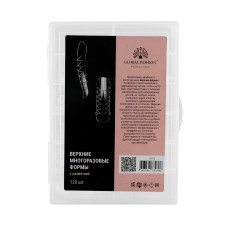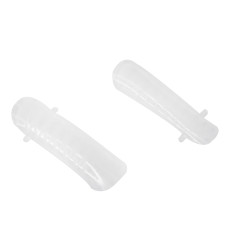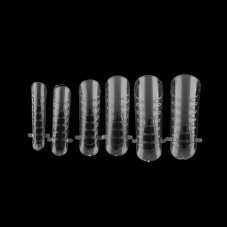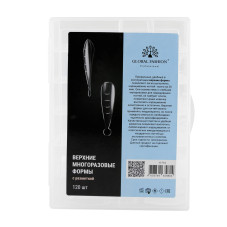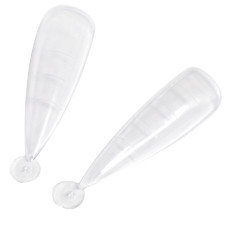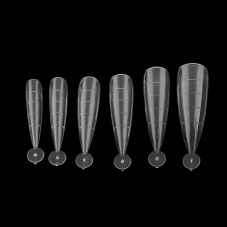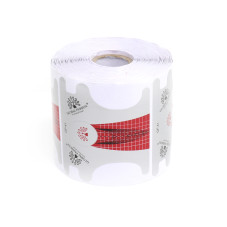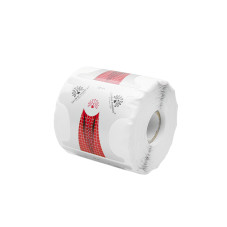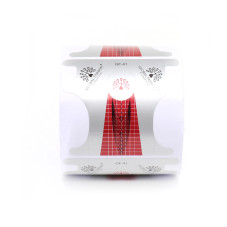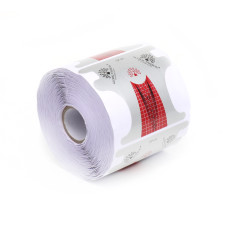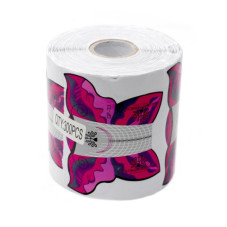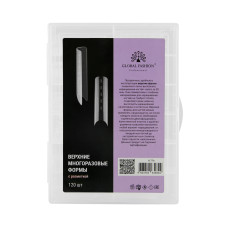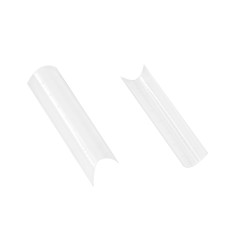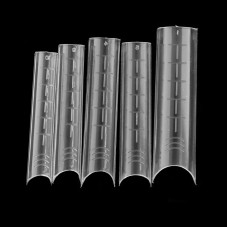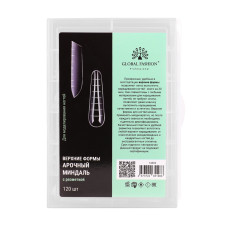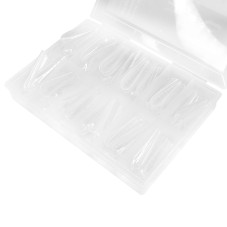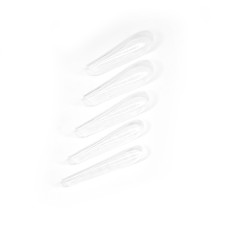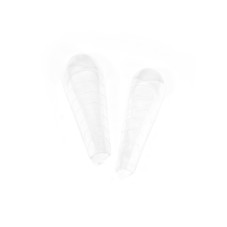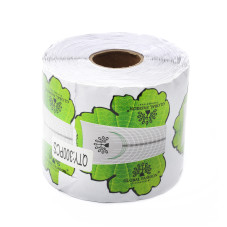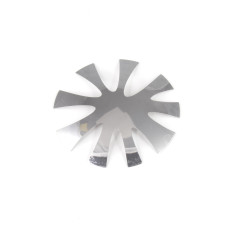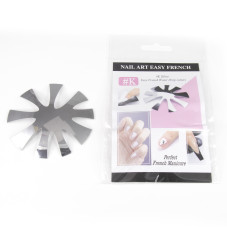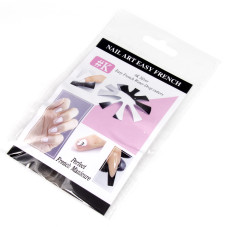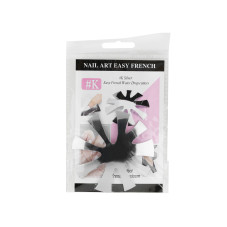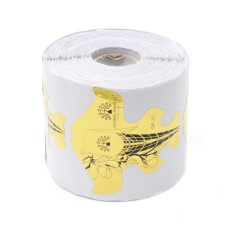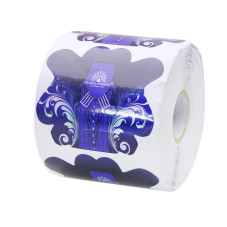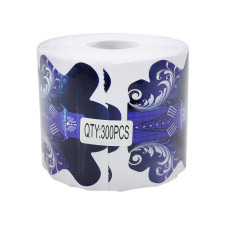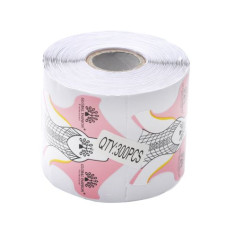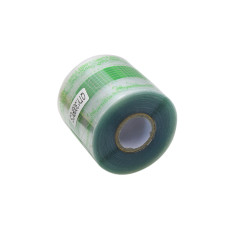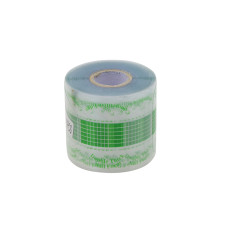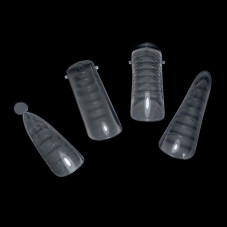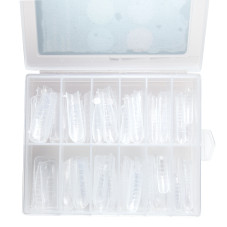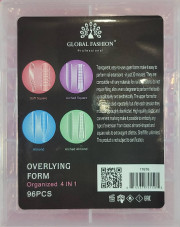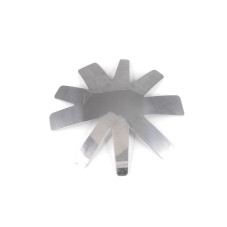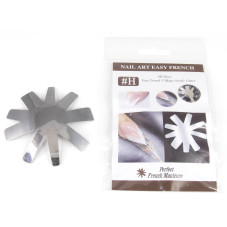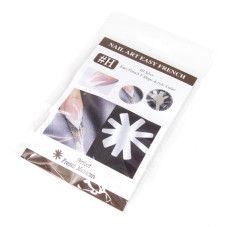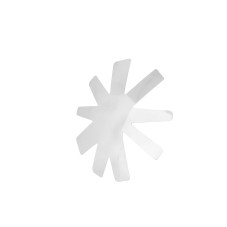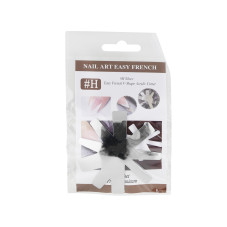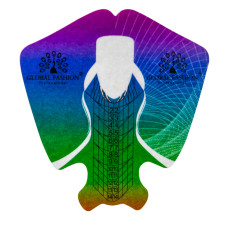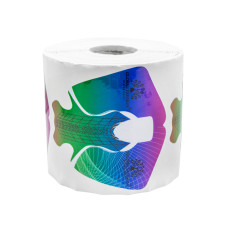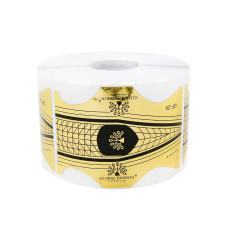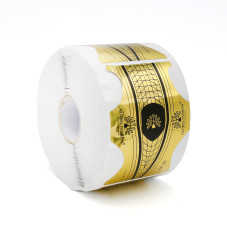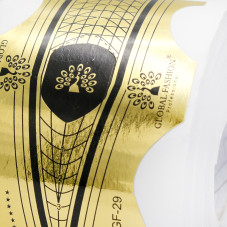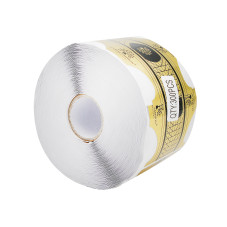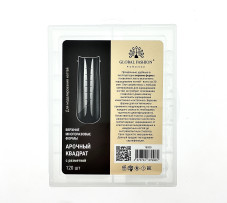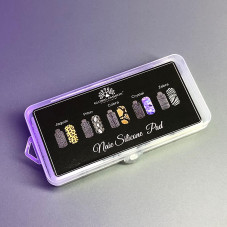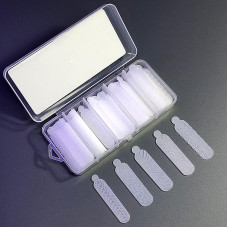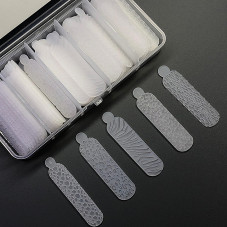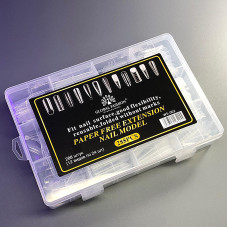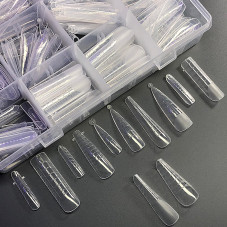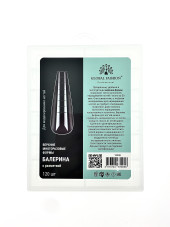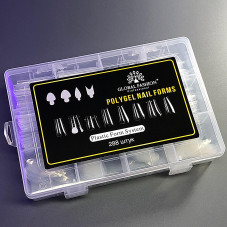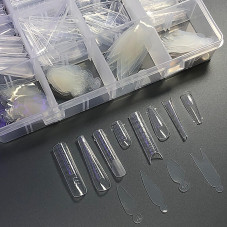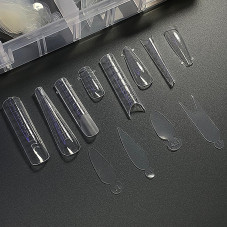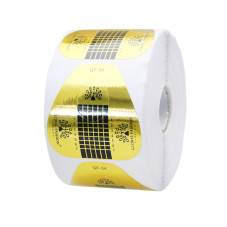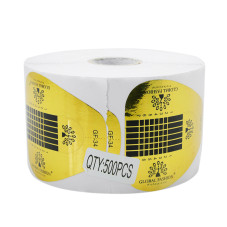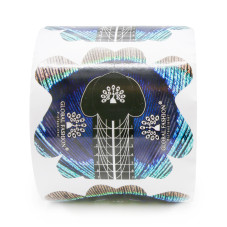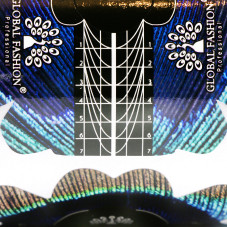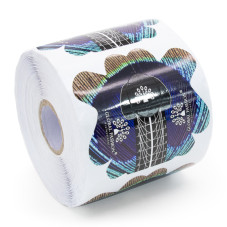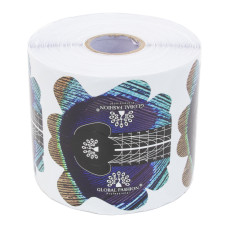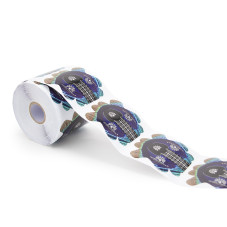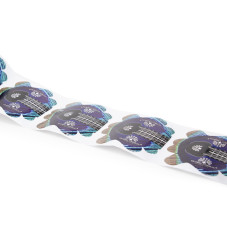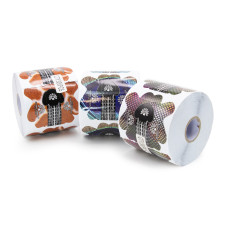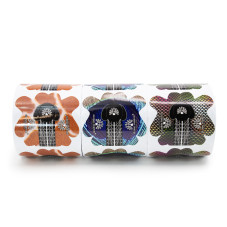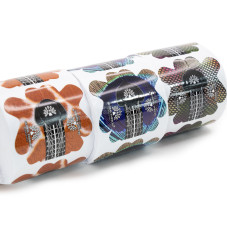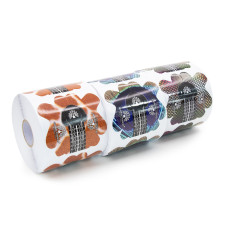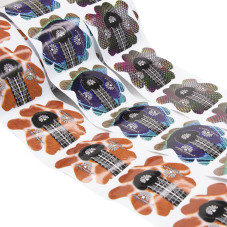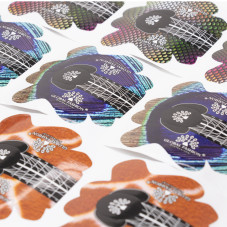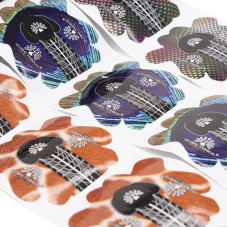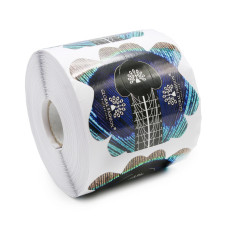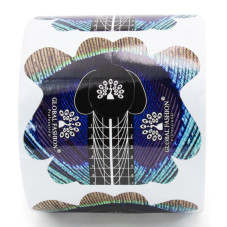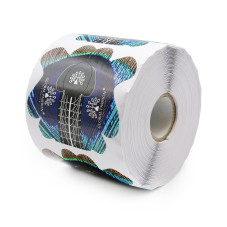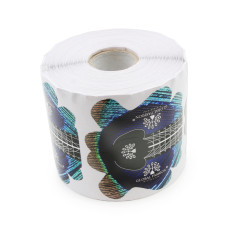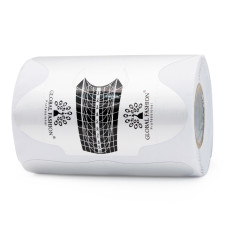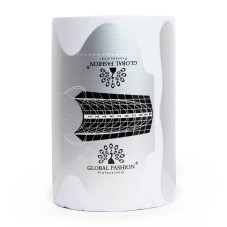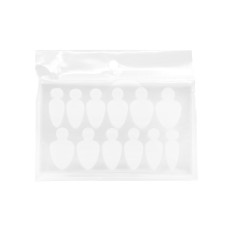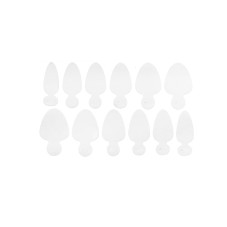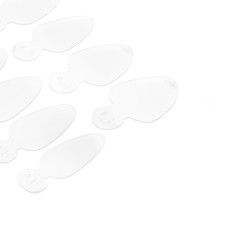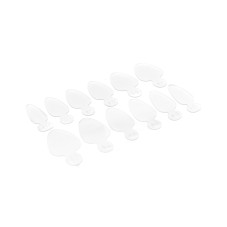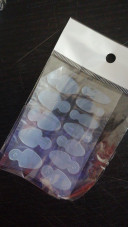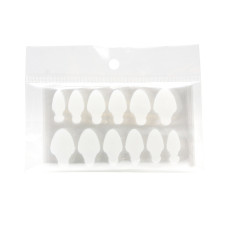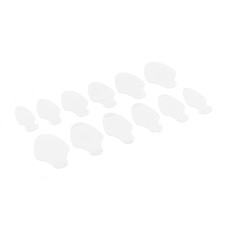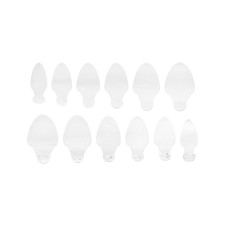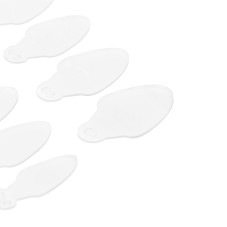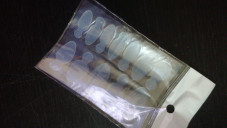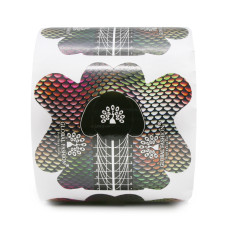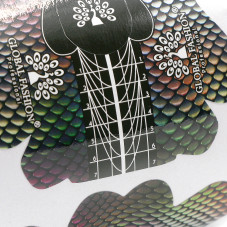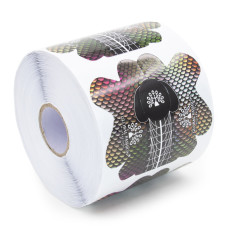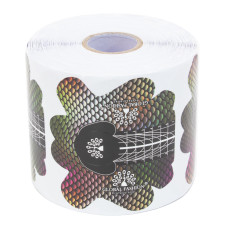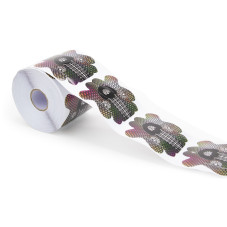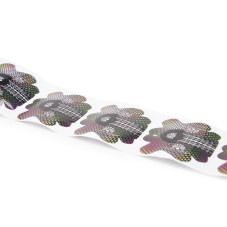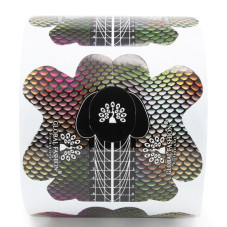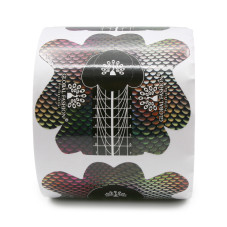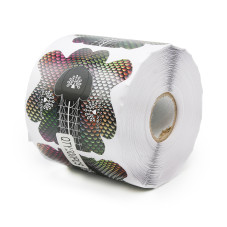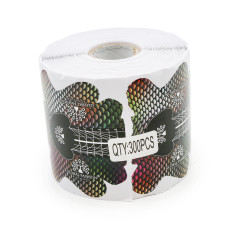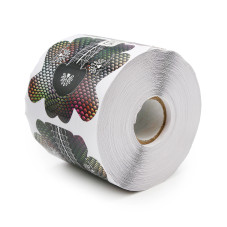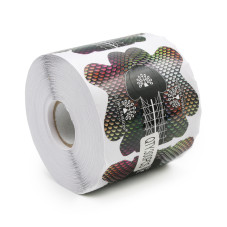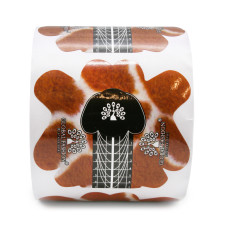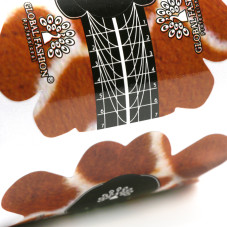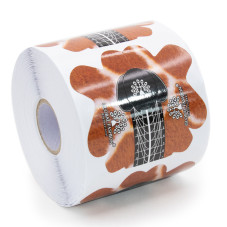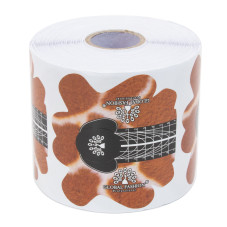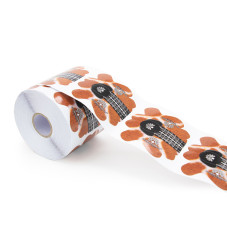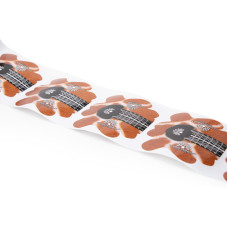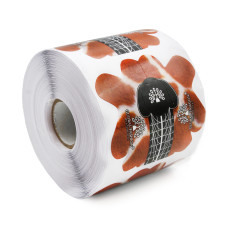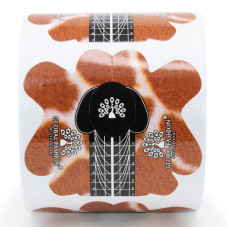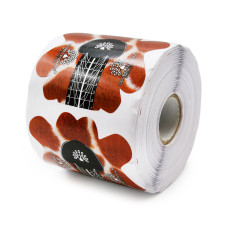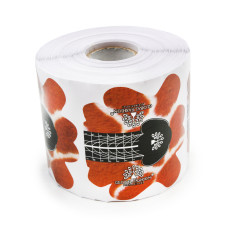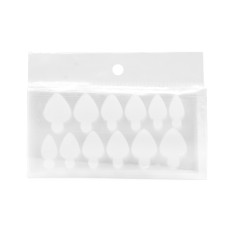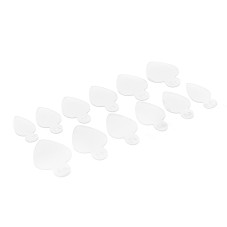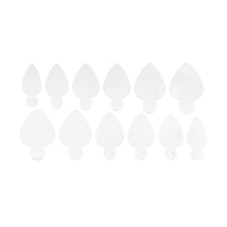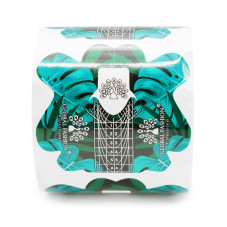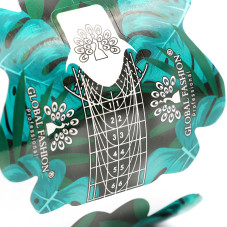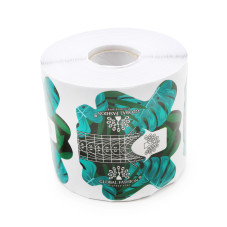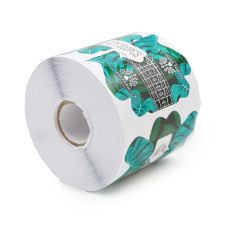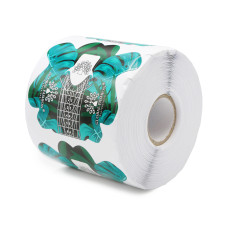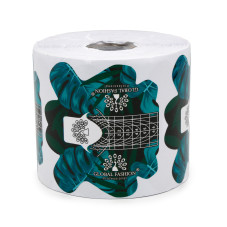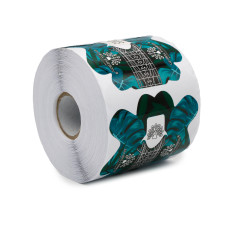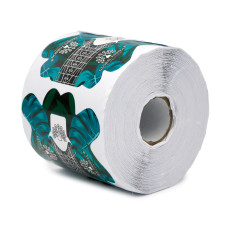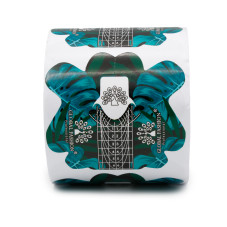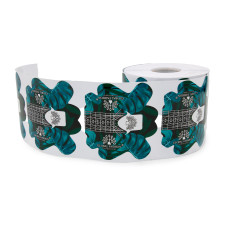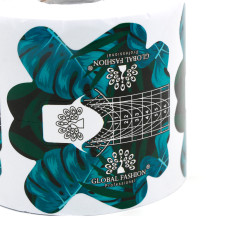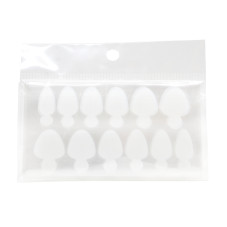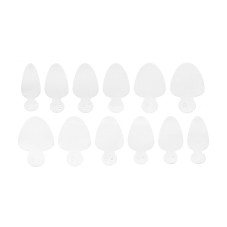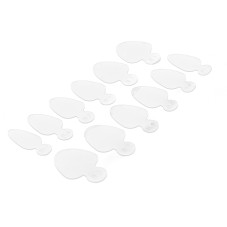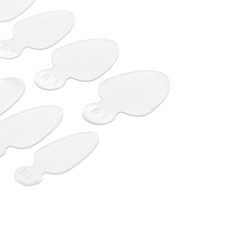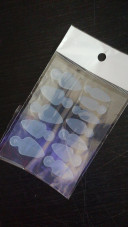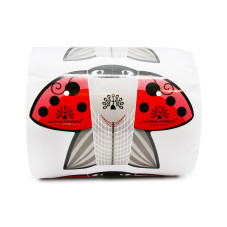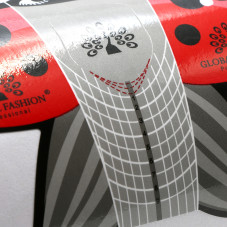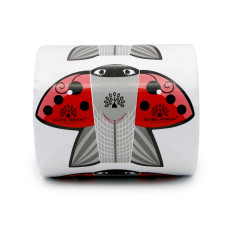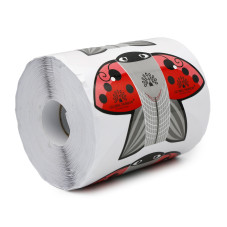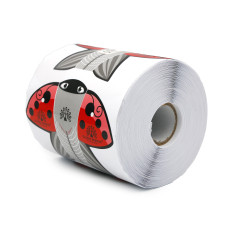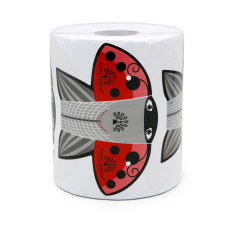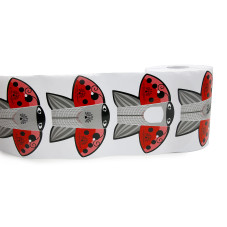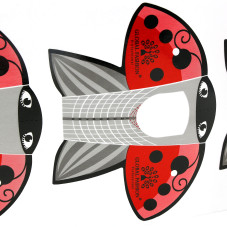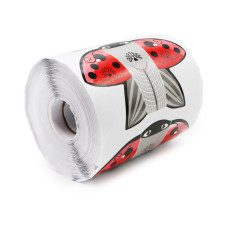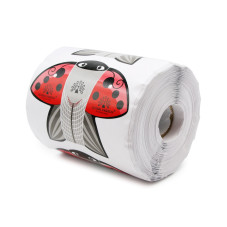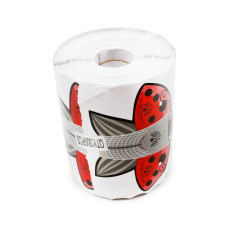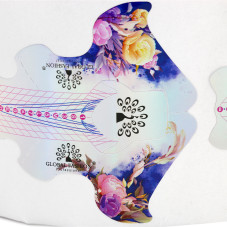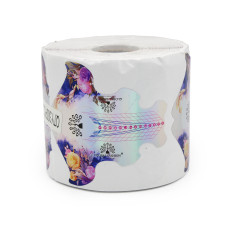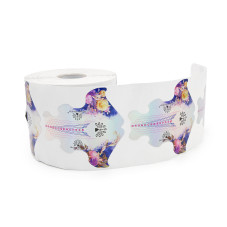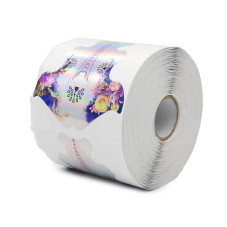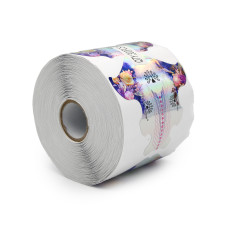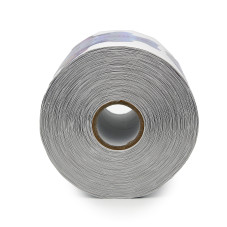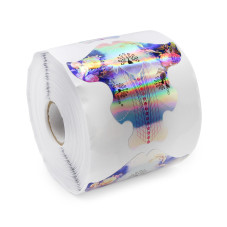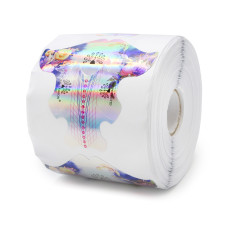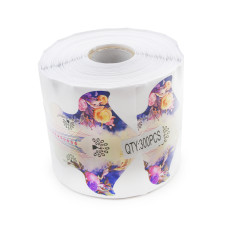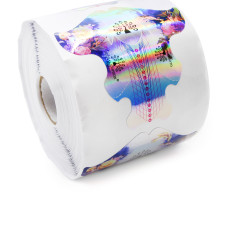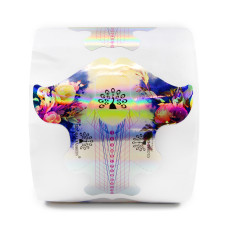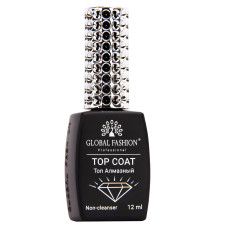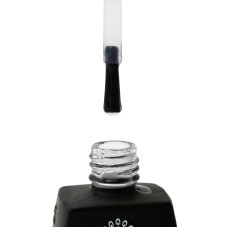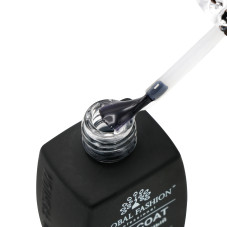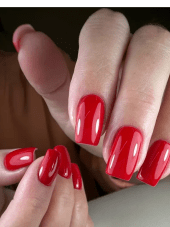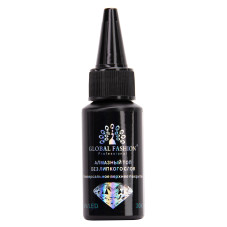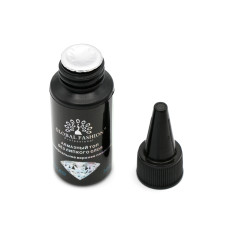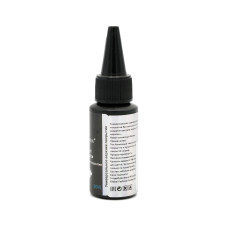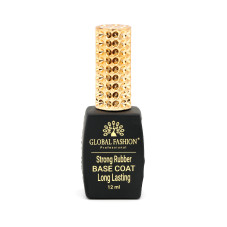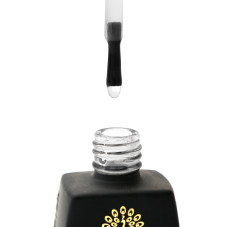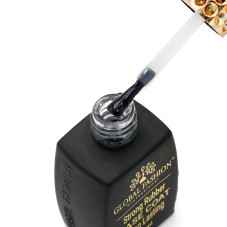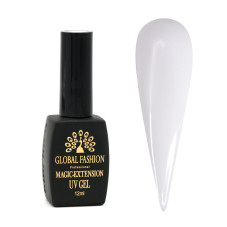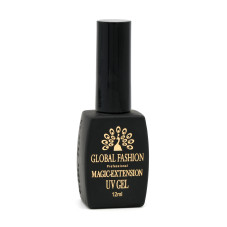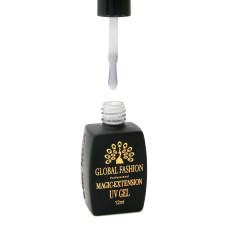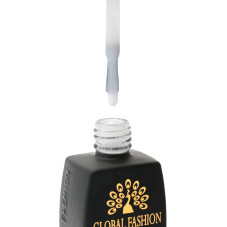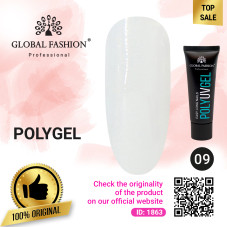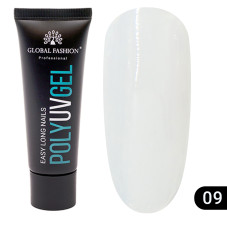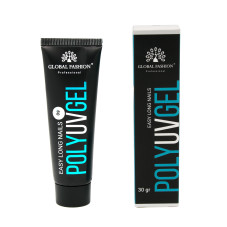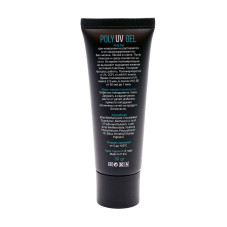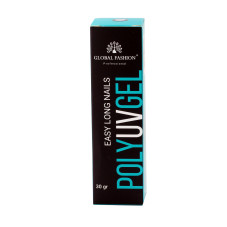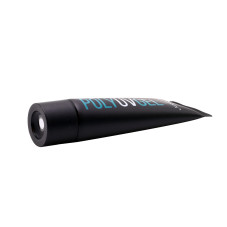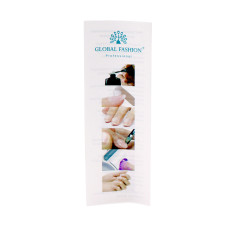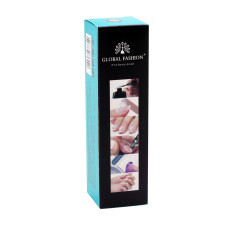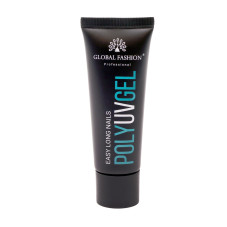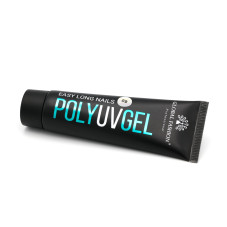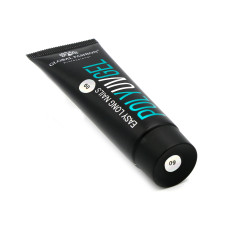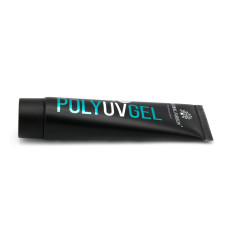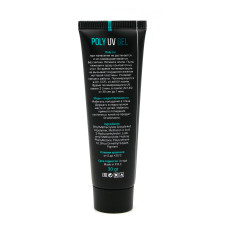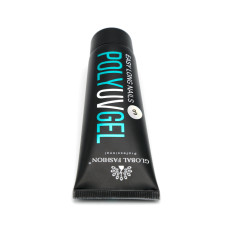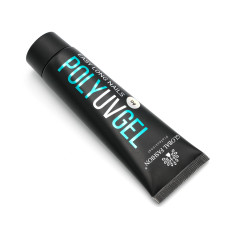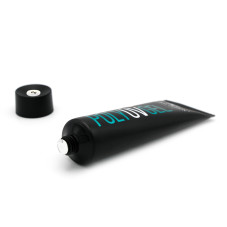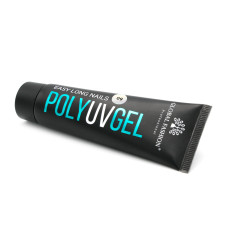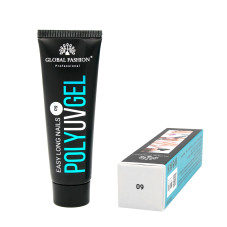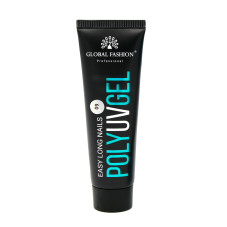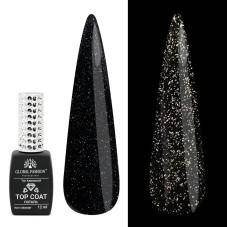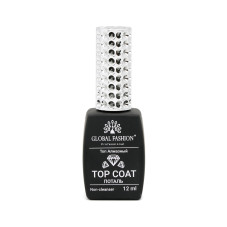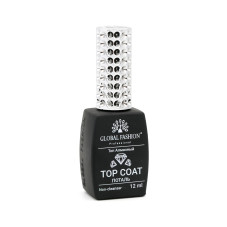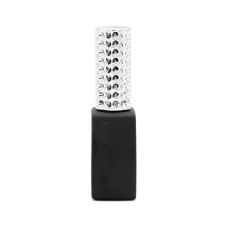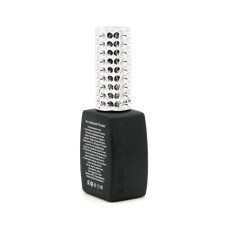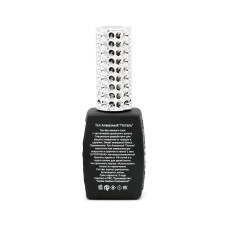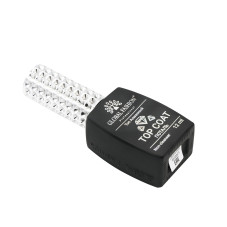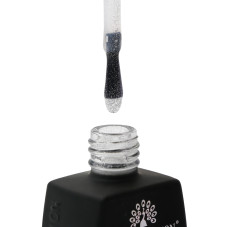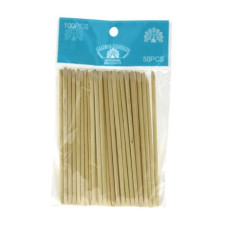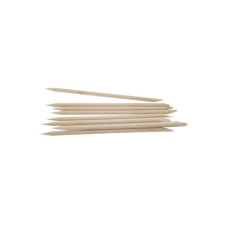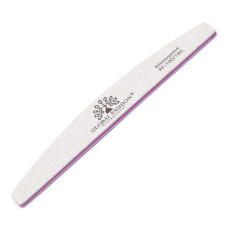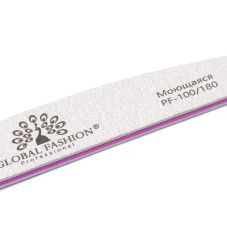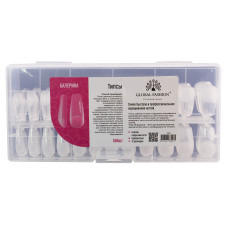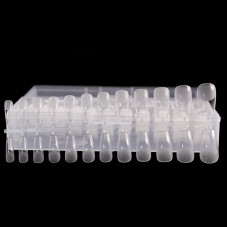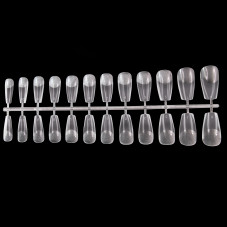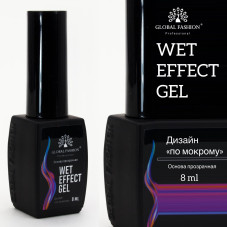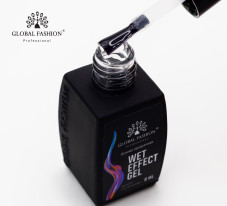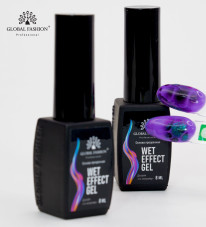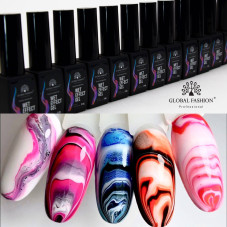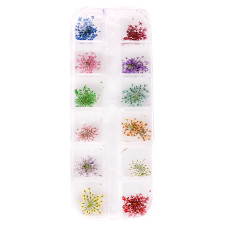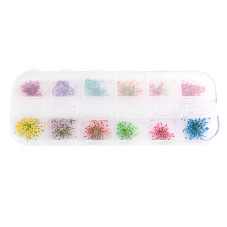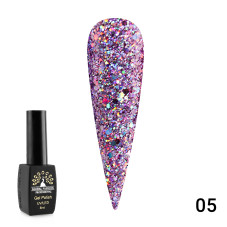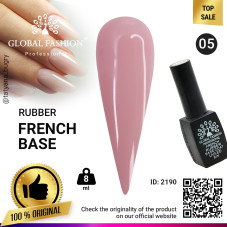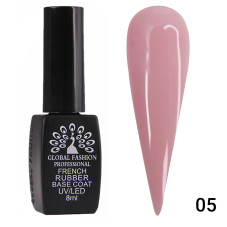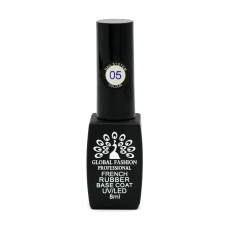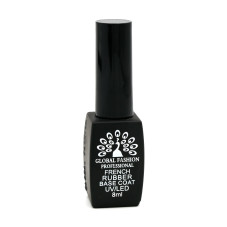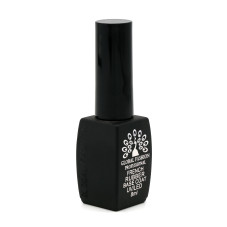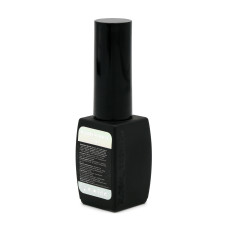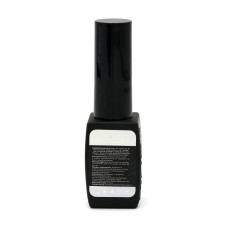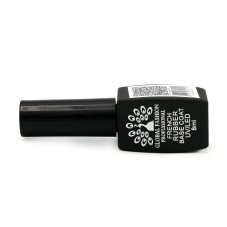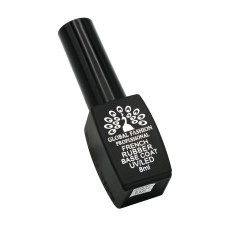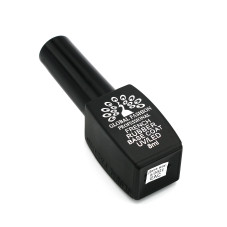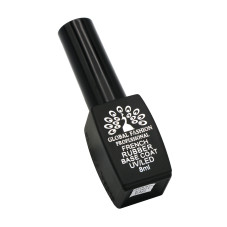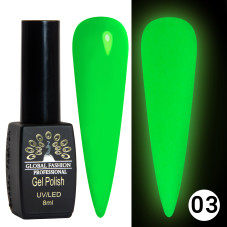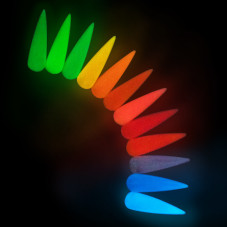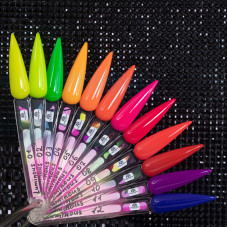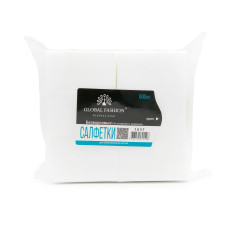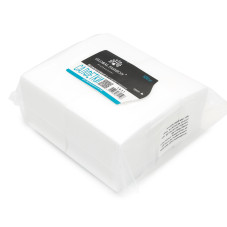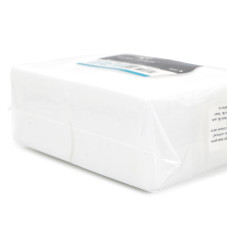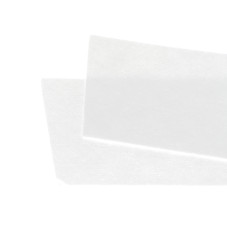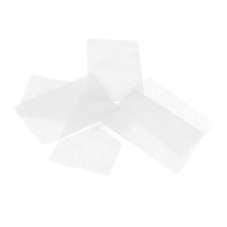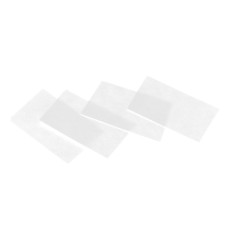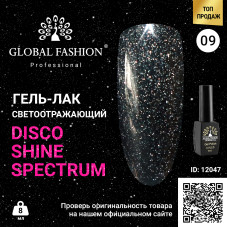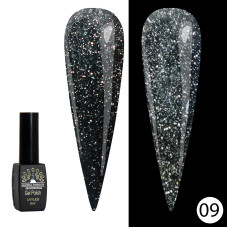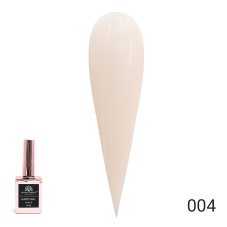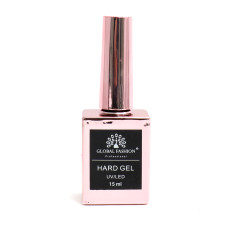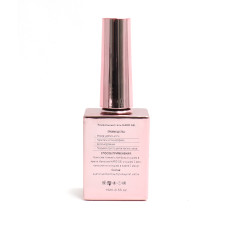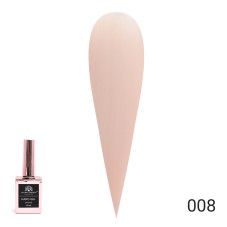Forms for building
Filters

Color
Clear
roll up
Density
Clear
roll up
Effect
Clear
roll up
1501 bought
HIT
ID: 11773
934 ֏
1766 bought
HOT
ID: 12137
841 ֏
-10%
60 bought
HOT
ID: 12259
1 619 ֏
-10%
379 bought
NEW
ID: 6957
2 056 ֏
1120 bought
NEW
ID: 14303
934 ֏
88 bought
ID: 13126
516 ֏
-15%
241 bought
NEW
ID: 6965
1 799 ֏
349 bought
NEW
ID: 18209
934 ֏
116 bought
NEW
ID: 22712
1 635 ֏
6751 bought
ID: 3678
1 308 ֏
3364 bought
ID: 3688
2 336 ֏
1582 bought
ID: 1994
1 243 ֏
-5%
2343 bought
ID: 1863
1 553 ֏
-5%
2042 bought
ID: 12194
1 331 ֏
-5%
1501 bought
ID: 11773
934 ֏
1766 bought
ID: 12137
841 ֏
-10%
511 bought
ID: 16061
1 191 ֏
-15%
406 bought
ID: 18149
874 ֏
-15%
255 bought
ID: 15998
874 ֏
-15%
239 bought
ID: 11599
1 390 ֏
-15%
240 bought
ID: 2190
993 ֏
-15%
196 bought
ID: 11951
934 ֏
-20%
191 bought
ID: 12047
993 ֏
-15%
Over the past 10 years, nail extensions have become one of the most popular beauty procedures. Today, more and more women with problematic nails are turning to skilled craftsmen to get their nails done and enjoy a beautiful manicure for weeks at a time. One of the most popular methods of nail extension is the use of molds.
Using nail extension moulds is an effective and reliable way to create the perfect manicure. This technology allows you to create long and strong nails that will last for weeks.
What are nail extension molds?
Nail extension molds are special tools that are used to create and model artificial nails. They are thin, flexible sheets of plastic or paper with an adhesive layer on one side.
The moulds are glued to the natural nails to create a base for the extension and the shaping of the artificial nails. After the molds are bonded to the natural nails, the technician then applies gel or acrylics and modifies the nails to the desired shape and length.
Molds for nail extension can have different shapes and sizes depending on the desired result and preference of the technician. They are one of the tools used in the process of creating artificial nails and help to achieve a professional and beautiful result.
Types of nail extensions
There are several different shapes for nail extensions, but the main two are upper and lower forms.
1. Bottom molds for nail extensions are special templates usually placed under the edge of the natural nail and are used in the process of extending and modelling the artificial nail. They allow the creation of different nail shapes and lengths, depending on the desired result. They can also be used to create French manicures. Bottom moulds for nail extensions can be used by professionals as well as by novice manicurists at home.
The bottom moulds are available as single-use and reusable.
- Disposable bottom forms consist of a mix of polymer and metal, foil or metallized paper that easily adheres to the nail plate and gives it the desired shape. These materials are easy to shape and adhere perfectly to the nail plate, ensuring a secure fit. They are equipped with a special adhesive backing that ensures a perfect bond with the nail plate.
Disposable moulds are often sold in convenient rolls, making them very convenient and economical to use. They are great for creating a beautiful and well-groomed nail look, whether at home or in a beauty salon. Using disposable bottom moulds for nail extensions is an easy and effective way to create the perfect nail shape that will last and delight you with its beauty.
- Reusable forms can be made from plastic, Teflon or metal. They offer more flexibility and control when creating an artificial nail than traditional acrylic or gel models. They are also more environmentally friendly as they can be used several times and create no waste.
2. Top molds for nails are very similar to tips, but have a number of distinguishing features. They are flexible and are applied to an already formed material, which is superimposed on the natural nail. Thanks to this, the technician is able to create a perfectly smooth surface and model the shape of the artificial nail more accurately. The use of top moulds allows a perfect result when applying the artificial nail coating to the nails.
Nail extensions on lower forms
1. Place the shape carefully underneath the edge of the natural nail.
2. Fix the shape to the finger so that it will not move during the modeling process.
3. Use a brush to apply material to the shape and create the tip of the artificial nail. 4.
Allow the nails to dry in a nail lamp without removing the nail model. 4.
5. Carefully remove the mold and gently file off any excess material to give the artificial nail the desired shape.
6. Finally, lightly polish the nail surface for a smooth and natural looking nail.
By following these simple steps, you can create beautiful and durable artificial nails that will delight you and those around you with their flawless look. You won't have to worry about your nails chipping or breaking off easily, because these tips will help you create nails that will last for a long time.
Nail extensions on top moulds
To apply top mold extensions, the following procedure has to be followed:
1. Prepare the natural nail plate by making sure it is clean and dry.
2. Select the optimum shape for each nail to ensure a comfortable and beautiful extension.
Apply a few drops of product to the inside of the mould. 4.
4. Apply the mold to the nail, adjusting it to the shape of the nail plate.
5. Hold the mould in place with a finger for 30 seconds to ensure good contact with the nail.
6. Leave the mold in place and dry the nails in a lamp (for gel technology) or naturally (for acrylic extensions).
7. Remove the mold from the nail, it should come away easily after curing.
8. Remove any excess material and gently shape the free edge of the artificial nail to achieve a beautiful and natural look.
By following this sequence, you will get high quality permanent nails that look natural and attractive.
What are the different forms of nails?
There are several forms of permanent nails that can be chosen depending on personal preference, nail type and style. Some of the most popular forms of permanent nails include:
- Square: This is a classic straight-edged shape. It is ideal for all nail types and creates a clean and neat look.
- Oval: this shape has more rounded edges than the square shape and can help soften the overall look of the nails.
- Soft square: This is a shape which combines a square and oval shape. It creates a more natural look than square nails but maintains angular edges.
- Almond shape: this is a sleek and feminine shape that resembles an almond shape. It starts off wide at the base and becomes sharper at the end, creating an almond-like shape. This nail shape looks elegant and suitable for different styles and events, from everyday life to special occasions.
- Stiletto: this shape has sharp ends and creates a bold and daring look. It can be sophisticated for everyday use, but can be suitable for a special occasion or fashionable look.
- Kofin: this shape has a narrow and long look, with a wider base and sharp end. It creates an elegant and feminine look.
- Wide nails: this is a shape that has a wide base and flatter top. It can be suitable for those who want to give the impression of wider nails.
The choice of the shape of the grown nails depends on a person's preference and style, as well as the type of natural nails. It is important to make sure that the shape chosen suits your nails in order to achieve the best results.
Where to buy Global Fashion nail extensions in Russia or Moscow?
Welcome to our online shop, where you can easily find a huge range of nail extensions from the official manufacturer Global Fashion.
We stock a variety of nail extensions in our catalogue, to suit all tastes. We strictly monitor the quality of our products so that you can get flawless results.
If you have any questions, our support team is always there to help. We will provide quick and expert assistance at any time.
Thank you for choosing our shop and we wish you a pleasant shopping experience! We are sure that you will be satisfied with the quality of our products and service.
Forms for building are an essential tool for construction projects, regardless of their size or scope. These forms allow builders to create the desired shape and dimensions for a finished structure, from foundations to walls to roofs. Without forms, constructing a building would be much more difficult, and the end result may not be as precise or durable. There are many different types of forms for building, each with its own unique purpose and functionality. Some of the most common include: - Concrete forms: These are used to create the shape of concrete structures, such as foundations, walls, and columns. They can be made from a variety of materials, including wood, metal, and plastic. - Masonry forms: These are used to build walls made of brick or stone. The forms provide a guide for the placement and alignment of each individual unit, ensuring that the finished product is straight and precise. - Roof truss forms: These are used to create the framework for a roof, including the support beams and rafters. They are typically made from wood or metal and can be customized to fit the specific dimensions and shape of the roof. - Insulated concrete forms: These are a type of concrete form that includes built-in insulation, providing an energy-efficient option for constructing walls and foundations. Regardless of the type of form being used, they all serve a similar purpose: to provide guidance and support for the construction process. This allows builders to create structures that are both strong and aesthetically pleasing, with precise dimensions and consistent quality. There are also many benefits to using forms for building. For one, they help to ensure worker safety by providing a stable and secure platform for construction workers to stand on. Additionally, they help to speed up the construction process by providing a clear guideline for each step of the process, allowing builders to work more efficiently and make fewer mistakes. Forms for building have been used for centuries, and they continue to be an essential tool for modern construction projects of all types. Whether building a small house or a large commercial complex, forms provide a solid foundation for success.

